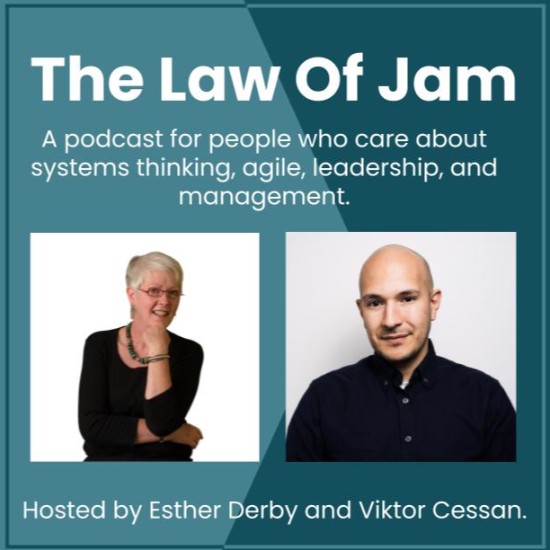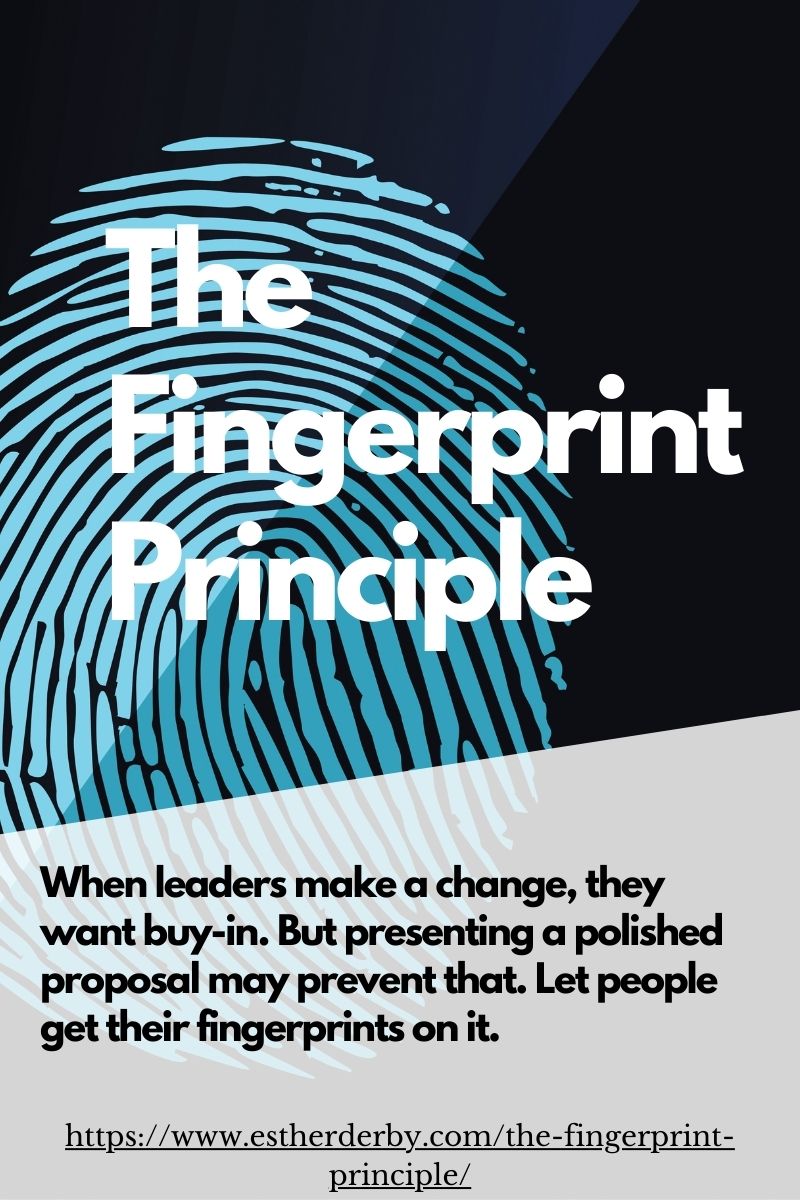My teachers in school and at university spent lots of time and effort teaching me how to speak and write effectively. I didn’t get much instruction during my school years on how to listen effectively–mostly my teachers told me to “sit still and listen.” Yep, if I just sat still, I’d be a better listener. That might work, except for people who can hear better when they are moving.
At any rate, I came across this fine article by Michael Webb, Eight Barriers to Effective Listening again this morning.
Most attention is paid to making people better speakers or writers (the “supply side” of the communication chain) rather than on making them better listeners or readers (the “demand side”).
Diana and I sometimes run an activity in workshops that asks people to identify their barriers to effective listening. Some of the barriers that come up over and over are (and aren’t on Michael’s list):
Distractions, whether external like noise and activity or internal, such as preoccupation with other matters.
Physical discomforts such as being tired, hungry, ill, or other wise uncomfortable
Judgements about the person speaking.









0 Comments